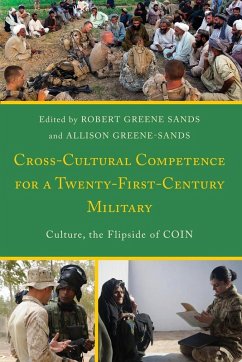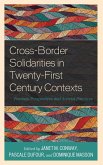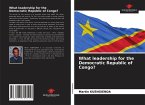Warfare in the 21st century is far different than warfare throughout the 19th and 20th centuries. Conventional warfare was about kinetic force and bending an adversary by might and strength. Skills valued were those related to mastery of weapons and placing ordnance on target. Courage and valor were defined by conflict, militaries were distinct from the population, and occupation was an enduring stage of war. Contemporary warfare, besides continuing to be an exercise in military strength, is composed of missions that depend on skills to forge interpersonal relationships and build sustainable partnerships with a host of actors that once had no voice or role in conflict's duration or conclusion. Today, final victory does not conclude directly from conflict, in fact victory may be subsumed into the larger and more consuming equation of international stability. Twenty-first century warfare is about counterinsurgency and counter-terrorism through an array of strategies that foster collusion and collaboration not acquiescence.Cross-cultural competence (3C) is a suite of competencies and enablers that have been identified as critical to instill in expeditionary military and civilian personnel in the Department of Defense (DoD). Defined as a set of knowledge, skills, abilities and attitudes (KSAAs), 3C promotes effective interaction across cultural divides through exchanging ideas and meaning across cultures, facilitating effective cross-cultural interactions to develop and sustain relationships and providing a means to discern meaning from foreign and culturally different behavior. 3C permeates DoD policy, doctrine, strategy and operations and is now being institutionalized in DoD military and civilian education and training. Cross-Cultural Competence for a Twenty-First-Century Military: Culture, the Flipside of COIN is a volume edited by two acknowledged experts on 3C in military learning, policy and research and explores the value and necessity of 3C to developing 21st Century warfighters. This volume features chapters by the editors and a host of multidisciplinary experts that probes all aspects of 3C, from concept to application. The message carried throughout Cross-Cultural Competence for a 21st Century Military is that contemporary and future security endeavors will be successful because winning wars ultimately rest on developing and sustaining cross-cultural relationships as much as it does on weapons and force.
Hinweis: Dieser Artikel kann nur an eine deutsche Lieferadresse ausgeliefert werden.
Hinweis: Dieser Artikel kann nur an eine deutsche Lieferadresse ausgeliefert werden.








